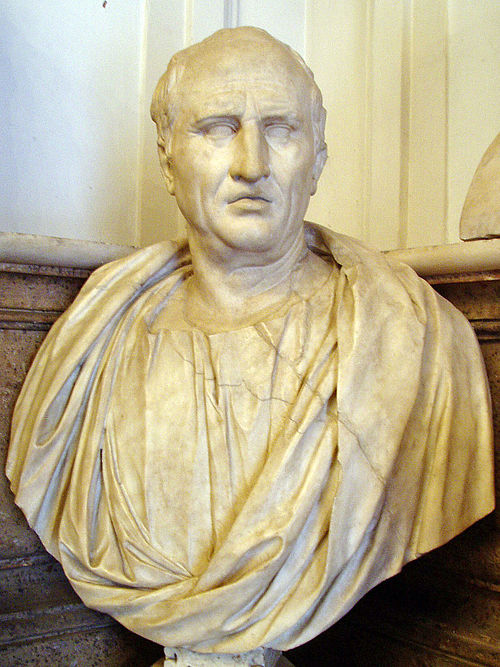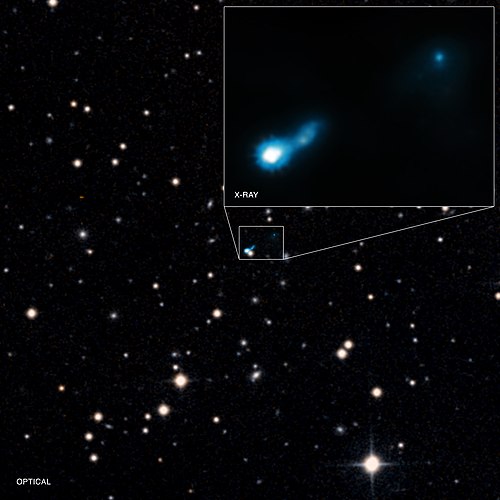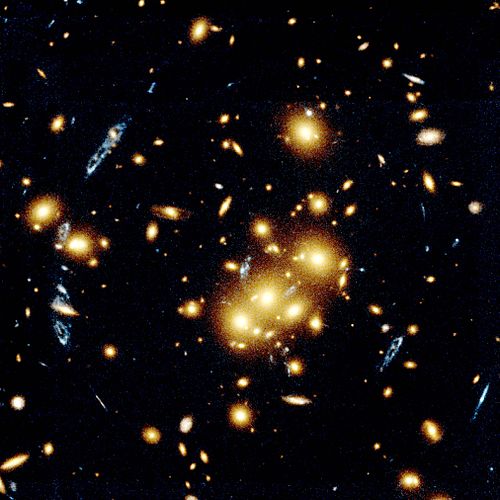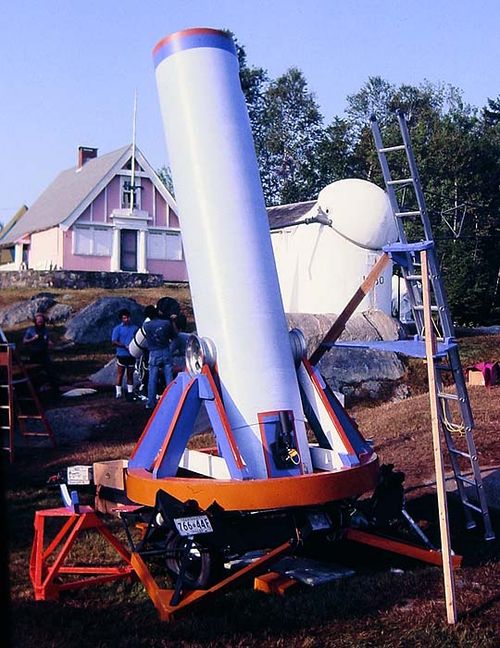Astrologynoun
Divination about human affairs or natural phenomena from the relative positions of celestial bodies.
Astrologynoun
In its etymological signification, the science of the stars; among the ancients, synonymous with astronomy; subsequently, the art of judging of the influences of the stars upon human affairs, and of foretelling events by their position and aspects.
Astrologynoun
a pseudoscience claiming divination by the positions of the planets and sun and moon
Astrology
Astrology is a pseudoscience that claims to divine information about human affairs and terrestrial events by studying the movements and relative positions of celestial objects. Astrology has been dated to at least the 2nd millennium BCE, and has its roots in calendrical systems used to predict seasonal shifts and to interpret celestial cycles as signs of divine communications.
Astronomynoun
The study of the physical universe beyond the Earth's atmosphere, including the process of mapping locations and properties of the matter and radiation in the universe.
Astronomynoun
(obsolete) Astrology.
Astronomynoun
Astrology.
Astronomynoun
The science which treats of the celestial bodies, of their magnitudes, motions, distances, periods of revolution, eclipses, constitution, physical condition, and of the causes of their various phenomena.
Astronomynoun
A treatise on, or text-book of, the science.
Astronomynoun
the branch of physics that studies celestial bodies and the universe as a whole
Astronomy
Astronomy (from Greek: ἀστρονομία, literally meaning the science that studies the laws of the stars) is a natural science that studies celestial objects and phenomena. It uses mathematics, physics, and chemistry in order to explain their origin and evolution.






































